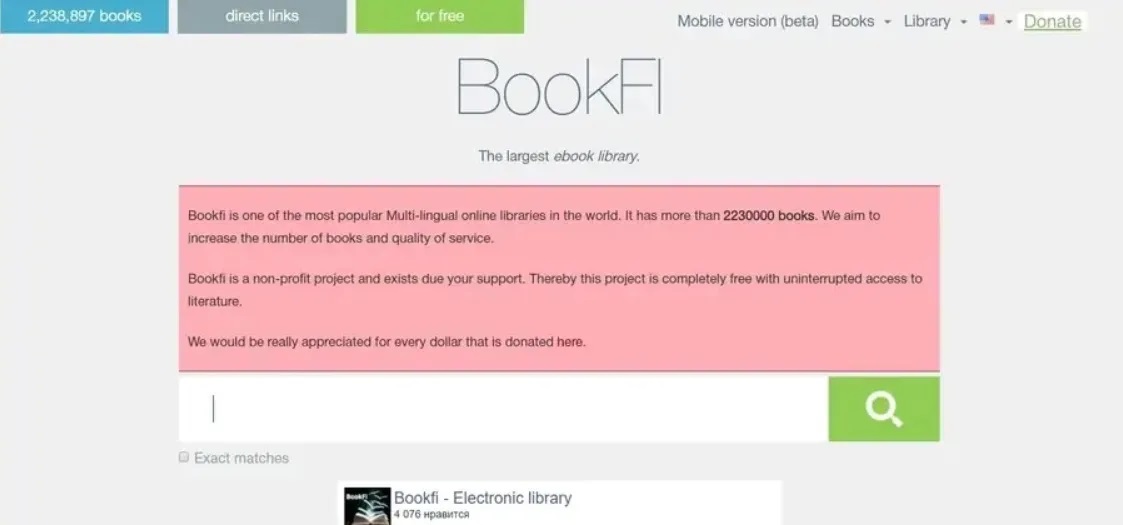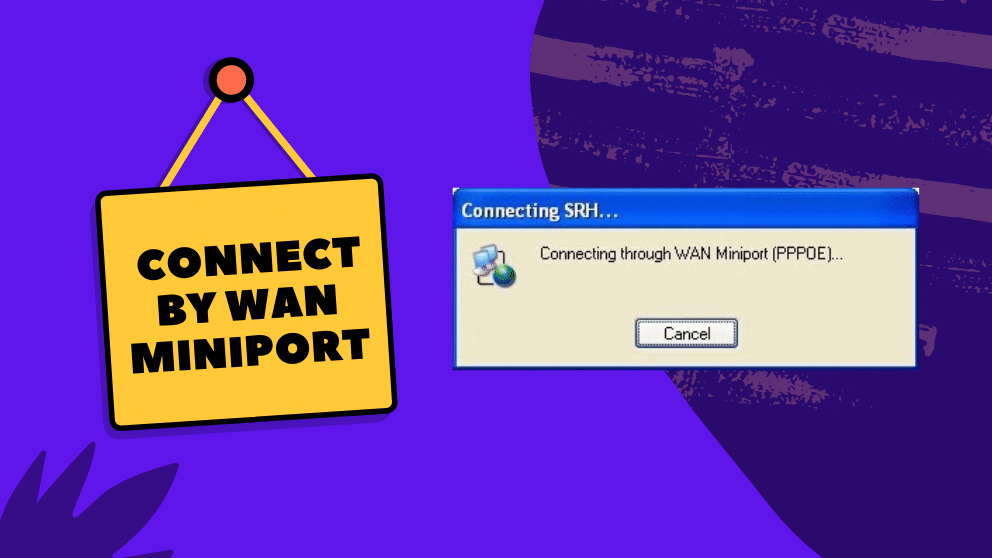Singapore’s nickname is the ‘little red dot’ because that is how most world maps mark it. Despite being small, tourists flock to Singapore to visit the Universal Studios, Gardens by the Bay, and the Singapore Flyer.
The country is also known for its excellent educational system. According to the recent QS World University Rankings, two Singaporean universities ranked as #11 in its top 20 list.
What makes Singapore stand out among Asian countries? Based on a study released by the National University of Singapore, its students are highly motivated to succeed academically. And one of their study tools includes university study notes in Singapore.
Do you want to know how study notes accelerate learning?
Taking Notes Will Keep You Attentive
People learn faster by using a mixture of the following learning styles:
Visual – using pictures, spatial understanding
Aural – using sounds, music
Verbal – using words, both oral and written
Physical – using motion, touching
Logical – using reasoning
Social – learning with others
Solitary – self-study
Taking notes in the classroom is a combination of four learning styles – visual, aural, verbal, and physical. Consequently, students taking university study notes in Singapore are attentive by using your four senses.
However, attentiveness requires discipline. One way of keeping yourself focused on note-taking is by avoiding distractions. Based on a study, up to 29.5 percent of Singapore university students are addicted to Facebook, Instagram, and Twitter. Reduce such temptations by keeping your mobile devices inaccessible while listening to lectures and taking notes.
Notes Will Help You Absorb More Information
Some students think that taking notes means writing down everything. On the contrary, note-taking involves filtering out excessive details and summarising core information. For most students, however, this activity can be time-consuming, especially if there are many subjects to cover.
The good news is; there is a shortcut to taking notes. Some services have a repository of study notes and guides created by students who have already graduated. With enough exchange credits, you have access to the study notes and guides from students of top universities like Nanyang Technological University and the National University of Singapore (NUS).
Instead of spending time writing notes, use their summarised notes, and save time.
You Learn to Organise Information
Another advantage of taking notes is that you will learn to organize information. Mostly, these are vital ideas that need to be grouped and recapitulated.
Similar to learning styles, there is a note-taking structure that works best for you. Here are the most common note-taking methods:
Cornell Method – notes are organized into mini-summaries.
Mapping Method – identifies relationships between topics.
Outlining Method – similar to mapping, but uses headings and bullet points to organize topics.
Charting Method – holds information with the use of columns.
Sentence Method – involving jotting down the main points.
The best way to see examples of these methods is by analyzing the study notes of exemplary university students. A quick browse among available resources will show you how this works.
Be Prepared for Exams
Based on an article by Today, one of Singapore’s leading newspapers, an NUS Dean mentioned that cramming for an exam is not learning. However, if you have study notes laid out clearly, there is no need to panic. With organized ideas, you can review ahead of exams. Having notes will save you a lot of time and strengthen your retention.
Master your note-taking skills while still studying. As you pursue higher studies, this skill will be critical to your success.
















